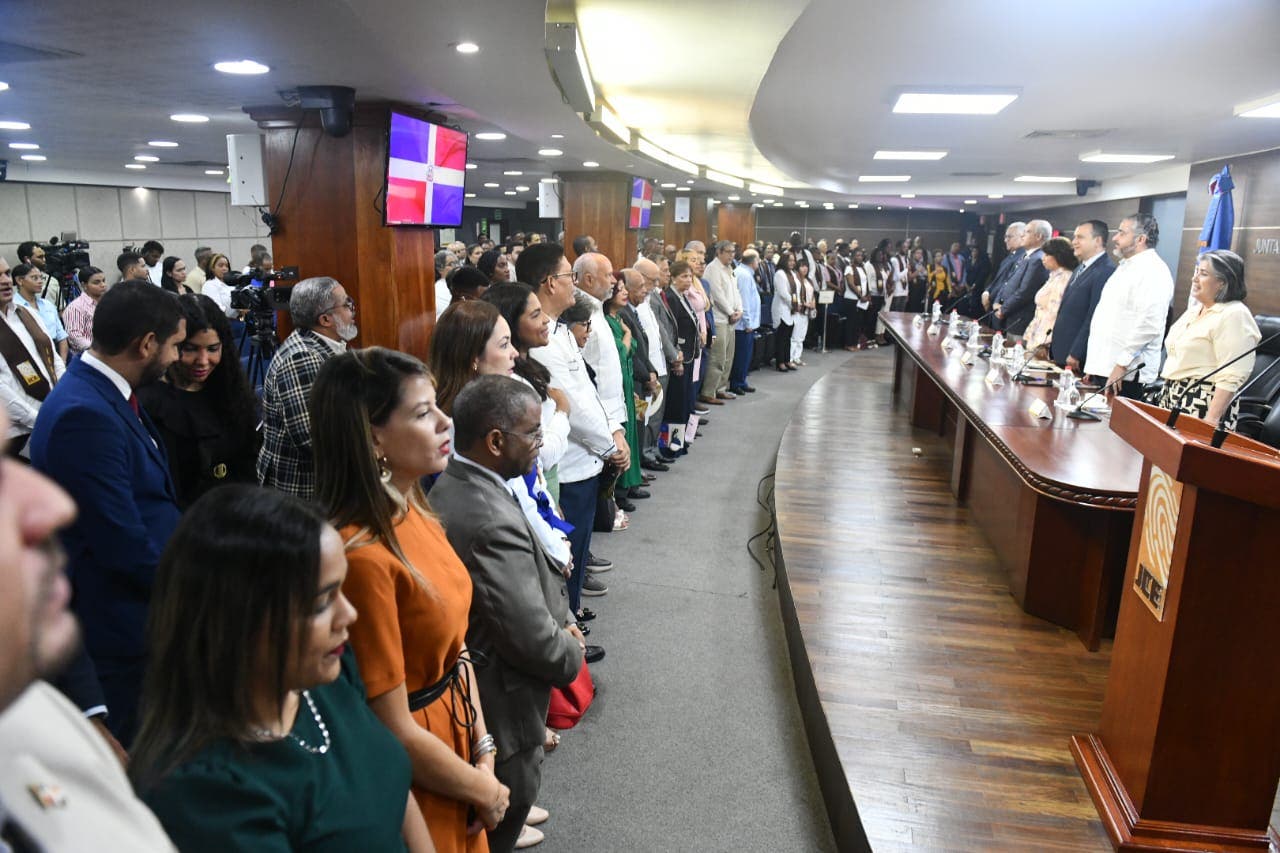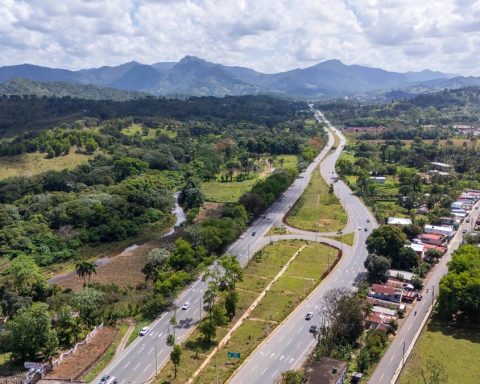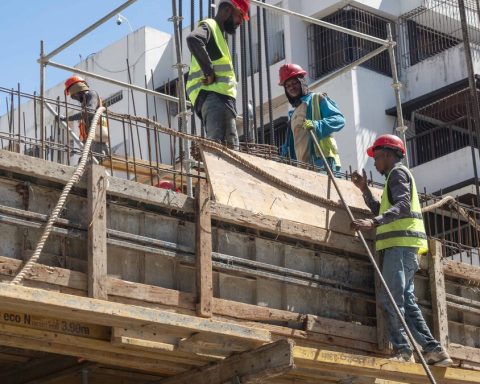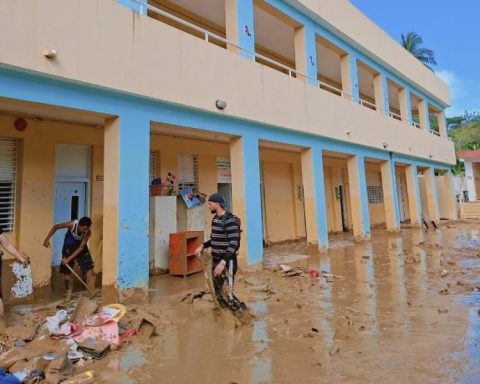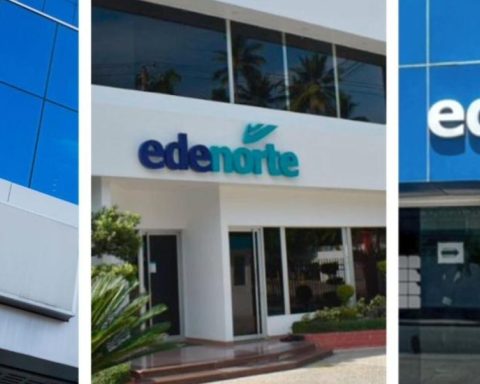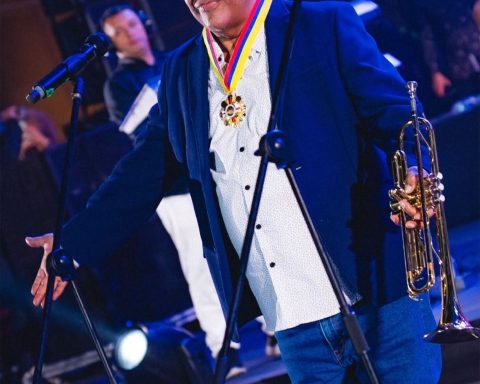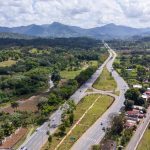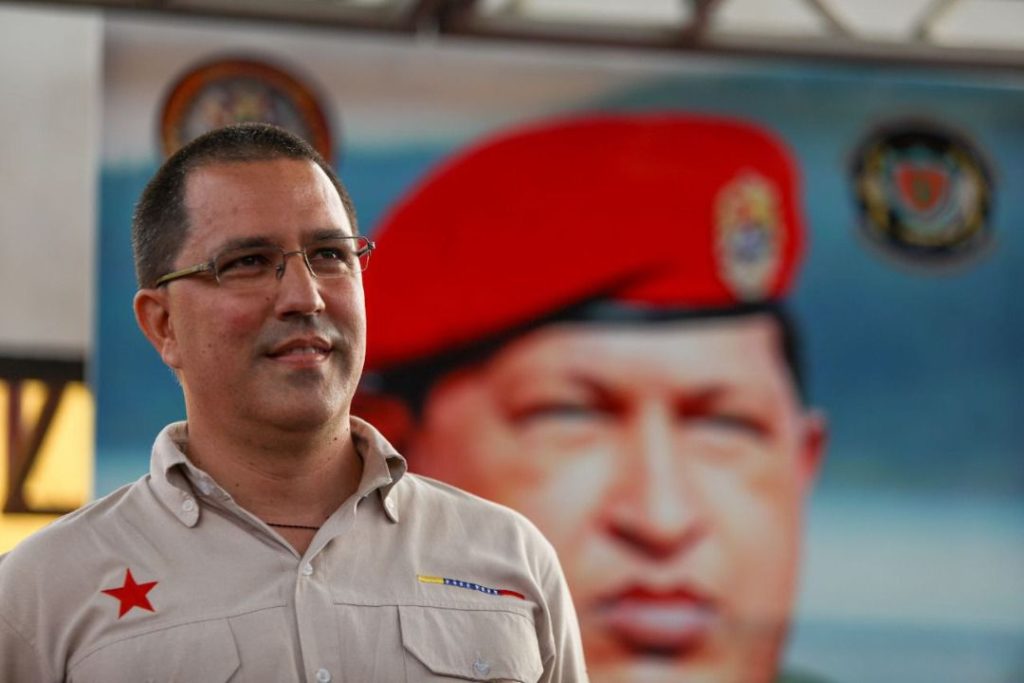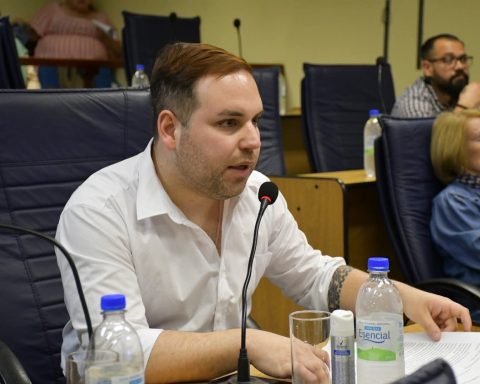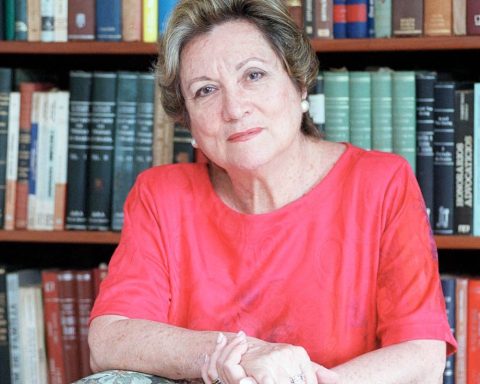Santo Domingo. – The Central Electoral Board (JCE), through its Higher Specialized Institute in Electoral Political Training and Civil Status (IESPEC), graduated this Saturday 252 members of Political Parties, Groups and Movements in the “Specialized Diploma in Electoral Administration.”
The event was headed by the president of the Plenary Session of the JCE and the Board of Regents of the IESPEC, Román Andrés Jáquez Liranzo, together with the other regular members and of the Board of Regents, Dolores Altagracia Fernández Sánchez and Samir Rafael Chami Isa, accompanied of the interim rector of IESPEC, Felipe Carvajal de los Santos; the interim members of the Board of Regents Dalma Cruz Mirabal and José Lino Martínez Reyes. Along with them are the alternate members of the JCE Plenary Session Vanahí Bello Dotel, Freddy Ángel Castro, Anibelka Rosario and Hirayda Fernández.
The central words of the event were given by Jáquez Liranzo, who expressed that the graduation constitutes a significant milestone in the training of those, from political organizations, who have the responsibility of strengthening democracy.
“This diploma goes beyond being a simple educational initiative, it is a reaffirmation of the firm commitment of this Plenary Session of the JCE and the IESPEC with an electoral system that is increasingly fair, transparent, complete and, above all, accessible to all,” held.
He highlighted that the graduates make up the first group of members of political groups and movements to receive this certification from an institute that has legal, educational and training functions.
Jáquez Liranzo highlighted that the JCE is the only electoral body in the world that has the academic status of issuing, through its academic arm, which is the IESPEC, the undergraduate and postgraduate level. “This challenge remains for the next JCE to materialize, since the issuance of the bachelor’s degree in Electoral Administration and Civil Registry and Identity has been approved,” he recalled.
He reported that IESPEC already has the power and approval to teach specialty and master’s programs, so the JCE does not have to resort to the academic umbrella of a university to issue a specialty.
“You graduates represent better-trained political actors, prepared to face the challenges of a complex electoral and political system, not only here, but throughout the world, to be able to face the challenges of tempering democracy in other latitudes, but that Here they remain strong thanks to the fact that here there is a stable and solid system of political groups and movements, which if it falls, democracy falls,” said Jáquez Liranzo.
He expressed to the graduates that, from their organizations, they are called to strengthen this democratic fabric by promoting inclusion, respect for the diversity of ideas, and dialogue as a fundamental tool for the progress of the nation. “An example of them is that here there are graduates from all political parties and movements at the national level,” highlighted Jáquez Liranzo.
With the diploma, the JCE seeks to develop in the participants knowledge and skills to comprehensively analyze the dynamics and functioning of the electoral administration and its contentious component, highlighting the most relevant aspects of interest for Political Parties, Groups and Movements.
The diploma was taught for 9 weeks in which 72 academic hours and 7 subjects were exhausted, in 6 groups nationwide, at the IESPEC facilities in Santo Domingo, and the Catholic University of Santo Domingo, as well as in Santiago de los Caballeros. , San Francisco de Macorís, La Romana and Barahona.
